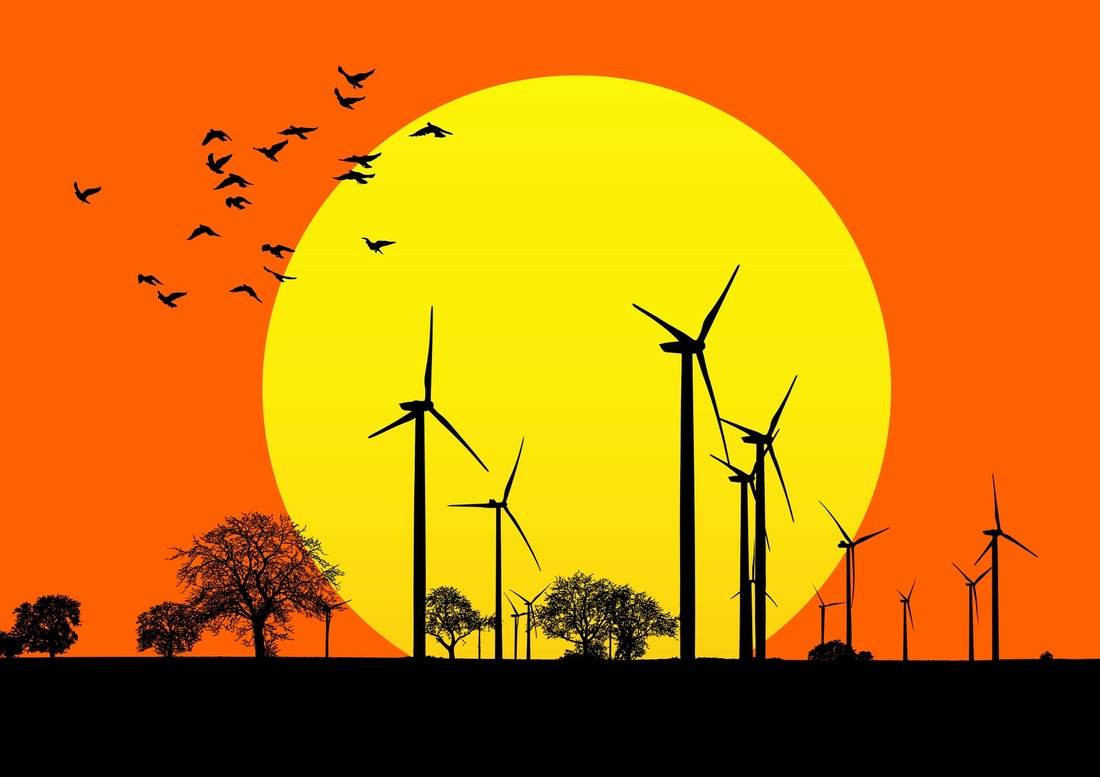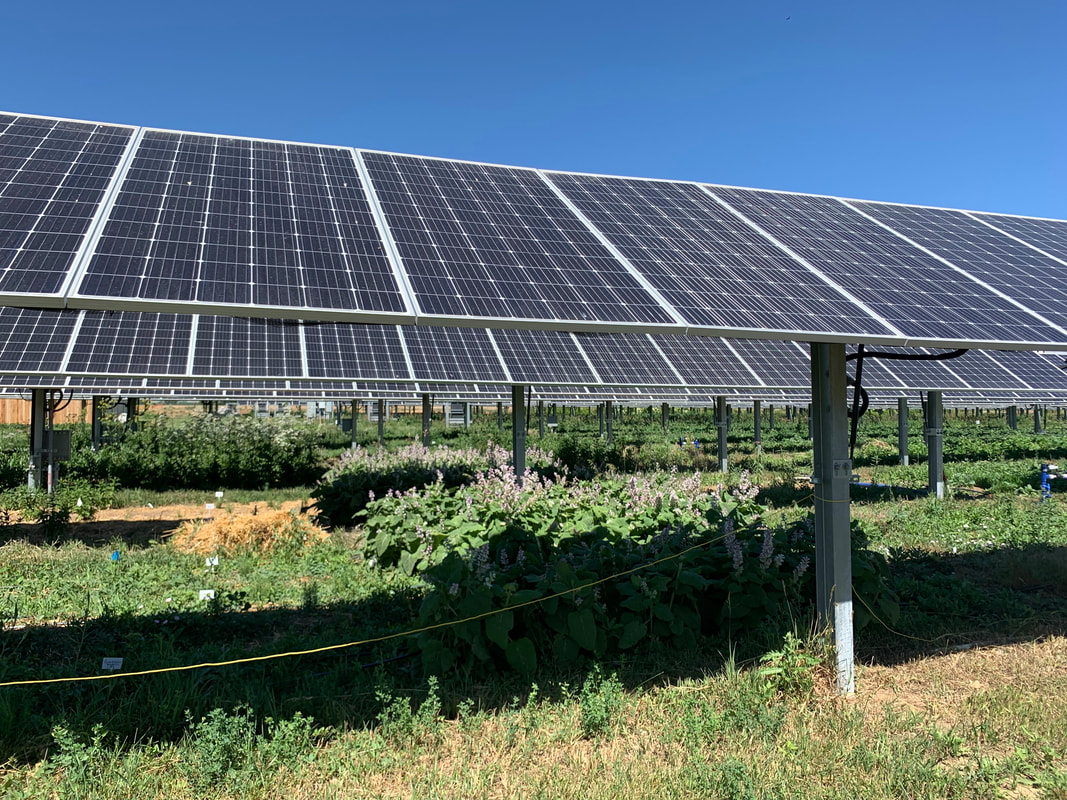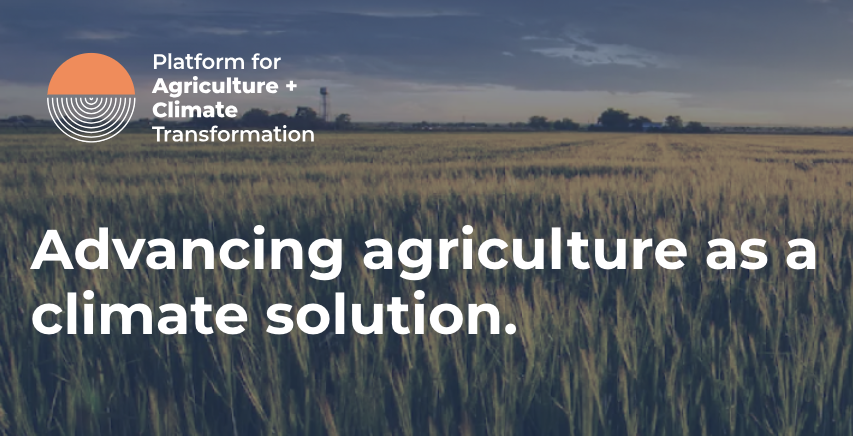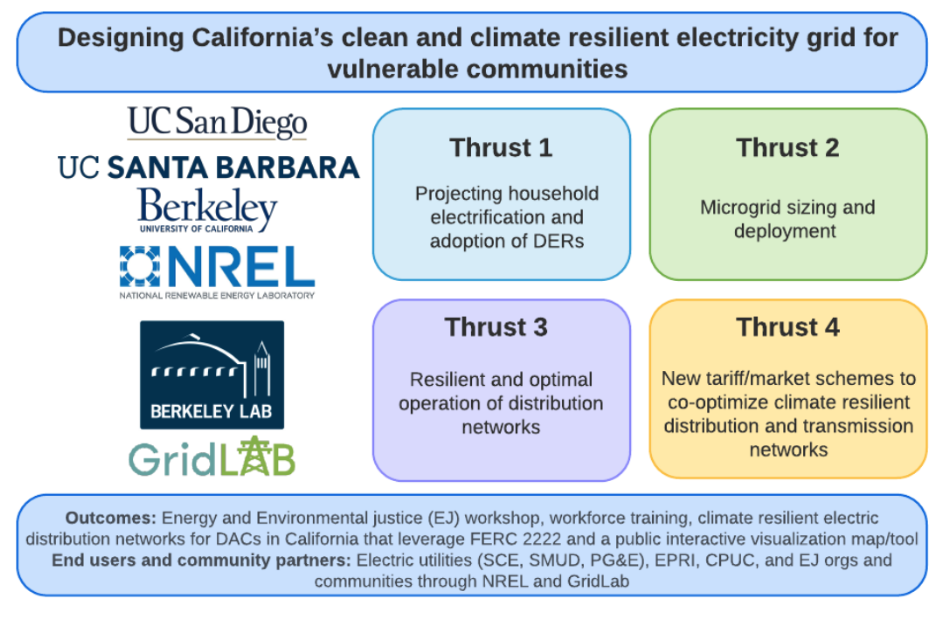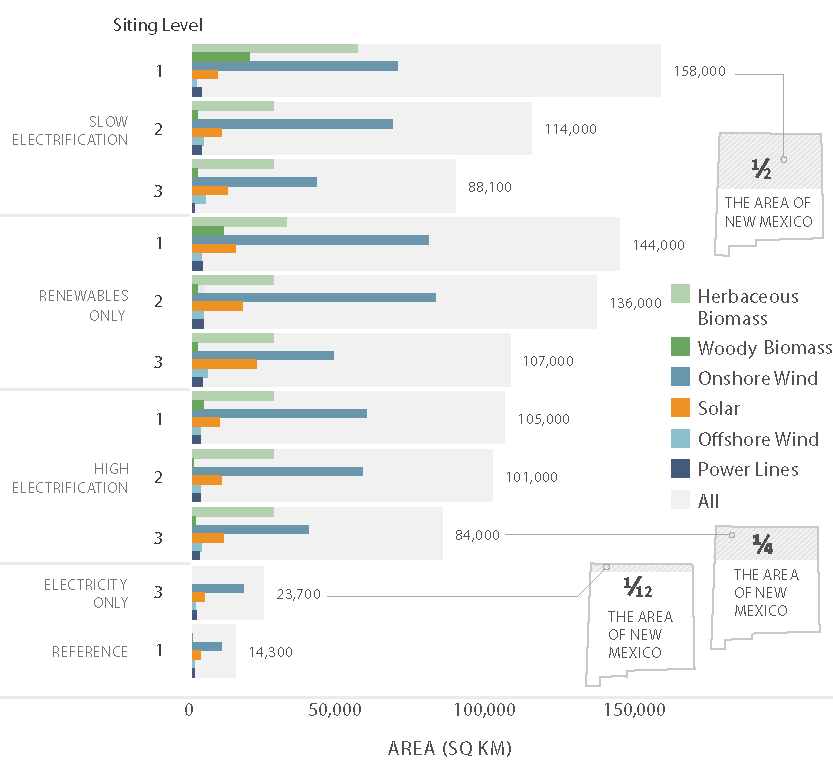Spatial planning that harmonizes climate change mitigation strategies and conservationOur lab's research aims to achieve two goals, often concurrently: 1) accelerating the sustainable and equitable deployment of climate change mitigations strategies and 2) habitat conservation. Given the land-intensiveness of multiple integral climate-solutions (wind power, solar power, transmission, bioenergy, reforestation), these two goals can often be at odds, but we believe that spatially-informed strategies and solutions can minimize environmental and social land use conflicts--and even identify synergistic relationships.
|
Lab News Highlights
Nov 2023Spatial Climate Solutions Lab and collaborators are awarded a $300k grant from the Platform for Agriculture and Climate Transformation
The Spatial Climate Solutions Lab and the 2035 Initiative at UCSB, along with collaborators at North Carolina State University, Research Triangle Institute (RTI), and Sustainable Development Solutions Network (SDSN) were awarded a grant to model US GHG emissions that could stem from funding climate smart agricultural practices through the Farm Bill
|
August 2023Prof. Wu and multi-UC team win a UC Climate Action Grant to plan grid expansion supporting electrification and climate resiliency in disadvantaged communities in California
UCSB PIs Grace Wu, Ranjit Deshmukh, Matto Mildenberger, and Michael Ludkovski are part of a multi-UC team awarded a $2.8 million UC Climate Action grant.
|
June 2023Prof. Wu presents on Power of Place West study at the International Energy Workshop Conference in Golden, CO
Prof. Wu presented results from the study published in the Proceedings of the National Academies of Science, "Minimizing habitat conflicts in meeting net zero energy targets in the western United States"
|
"There's one issue that will define the contours of this century more dramatically than any other, and this is the urgent threat of a changing climate"
- Barak Obama
"Human activities have already altered 70% of the Earth's land surface, degrading up to 40% of it."

